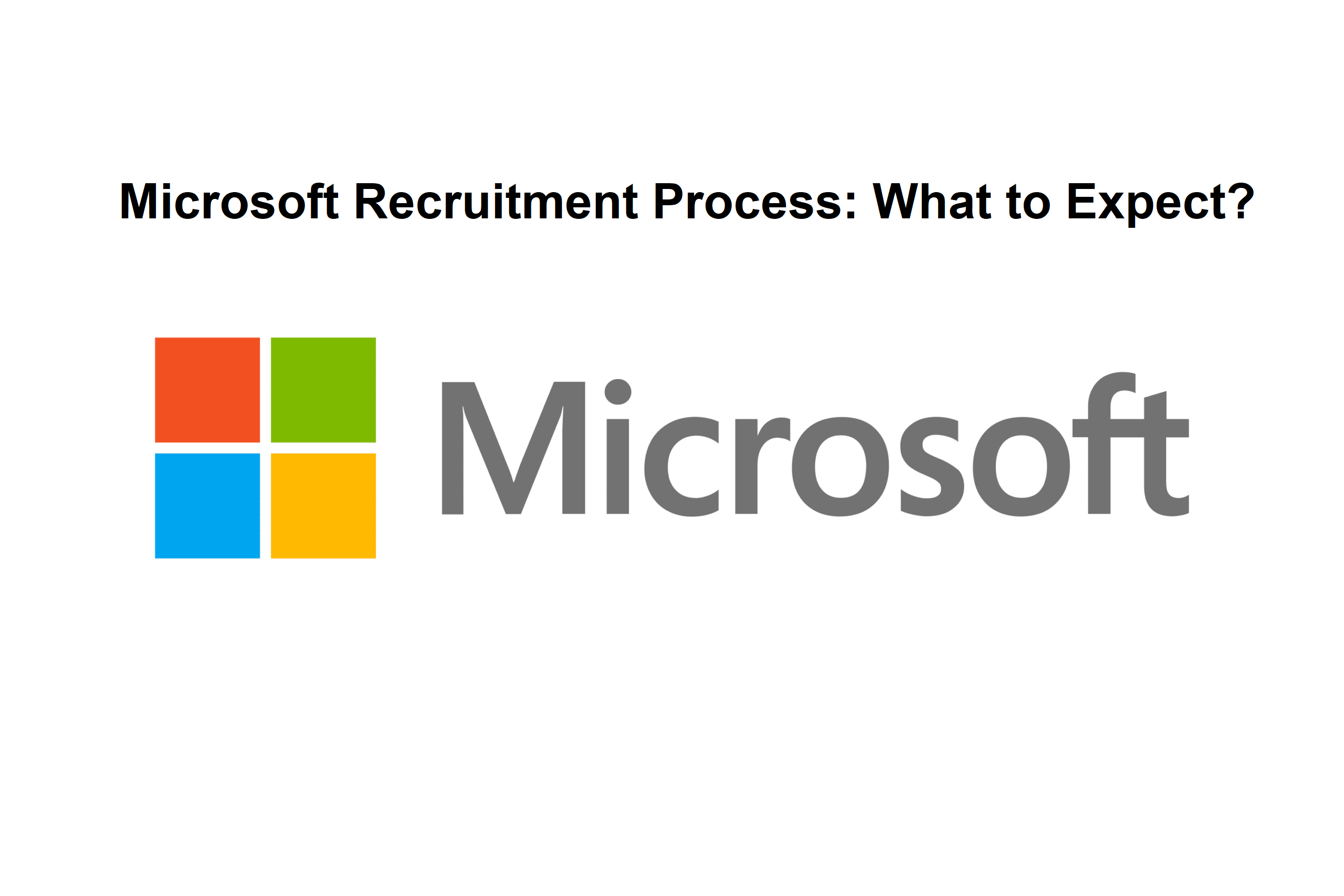
Microsoft Recruitment Process: What to Expect
![]()
![]() 2 yearss ago
2 yearss ago
If you consider applying for a position at Microsoft, it is important to know what the interview process is like. The Microsoft recruitment process is designed to ensure that candidates are the right fit for the company.
This
blog post will cover the common steps in the recruitment process, regardless of
whether you are a fresh graduate or an experienced professional, this can help
you prepare for your next big meeting with Microsoft!
What Is the Interview Process Like at Microsoft?
The
interview process at Microsoft is designed to be as straightforward and
non-intimidating as possible. The company wants serious candidates about the
job, so they try to focus on the positive parts of their experience instead of
throwing difficult or challenging questions.
Furthermore,
the Microsoft recruiting team recognized that some of the best applicants
perform poorly under stress. Thus the Microsoft recruitment process was
designed with that in mind.
As a
result, some hiring managers offer practice questions or reveal the interview
questions ahead of time so that applicants may prepare and show their brightest
selves.
Now let's go over the
interview process in more detail.
The Interview Process
The
length of time for the interview process may vary from about a week or months
after applying for a job. Moreover, the process may take longer than you
expect, with campus interviews sometimes taking a month or two.
If you
are applying for a vacant position with Microsoft, it is essential to be
patient and remain positive. If the company likes your resume enough to invite
you in for an interview, they will contact you as soon as they can.
The Interview Structure
There
is no standard interview procedure or format at Microsoft. It depends on teams,
groups, and products. On the other hand, the most common approach includes four
to five rounds that focus on assessing the applicant's technical,
problem-solving, and analytical abilities. Below are the most common interview
rounds:
Phone Screen
You
would go through your resume just like any other phone screen. The recruiter
will also ask you behavioral questions to assess your leadership abilities,
openness to learning, and curiosity.
For Engineer or Developer
Roles: The phone screen is longer and includes more
technical questions regarding algorithms and data structure. You'll be given a
coding problem to solve in a shared editor. You'll have 30 minutes to create a
solution, similar to a whiteboard exercise that is being made remotely.
Phone Interview
The
phone interview is more formal and lasts longer than the first one. Assuming
everything goes well, this will occur around 1-2 weeks after your phone's
screen interview. You will be expected to solve a problem and discuss your
solution with the interviewer. The person may ask you to walk through your
solution step by step, which gives them a chance to assess your technical
skills and problem-solving abilities.
They
are also interested in learning more about your personality and how you would
fit within the team. Communication skills and professionalism are essential for
this round.
For Engineering Roles: A second phone interview
with an engineering manager or a senior developer is possible for engineer
roles. Candidates must understand data structures like hash tables, linked
lists, queues, stacks, and arrays. And also, algorithms include divide and
conquer, mergesort, quicksort, depth-first search, and breadth-first search.
On-site Interview
Suppose
you make it to the on-site interview, congratulations! You are one step closer
to joining Microsoft. The on-site interview is a three to four-hour process in
which you will meet with members of the team and have one to two interviews.
The
first round usually consists of an engineering problem or case study, similar
to phone screens for engineer roles. You may be given a written test consisting
of logic puzzles that assess your analytical thought processes.
For Non - Developer
Roles: you will be given two or
three coding exercises designed to test your programming abilities.
For Developer Roles: A coder is expected to have good problem-solving skills and the
ability to apply them efficiently while staying focused on a task for long
periods of time. As such, top Microsoft coder interview questions often include
modifying a piece of code that does not compile or finding bugs in existing
programs.
Here’s How It’s
Structured:
●
Two
individuals conduct each interview: Microsoft interviewer teams collaborate to
complete the candidate's evaluation and eliminate unintentional biases.
●
For an
hour each, you'll get to meet with team leaders, managers, and coworkers from
the team you're interested in joining.
●
During
a typical on-site meeting, you'll have lunch with the team, which is seen as
another aspect of the interview.
●
Interviewers
will mark the applicant as 'no hire' or 'hire' after each round. If an
applicant receives three 'no hires,' they may be an early dismissal.
The
"As Appropriate or 'As-Ap' is the last person who will interview you
during the on-site interview. This person is either a peer or senior developer
and is typically a member of your future team. They have the power over your
hiring, and This is an important part of the Microsoft recruitment process that
you should not overlook.
HR Interview
This is
the last part of the Microsoft hiring process, and it's often about filling out
paperwork. Candidates either get a rejection or an offer within one week of
their on-site interview or are invited back for one final HR round.
The HR
round is where you get to meet with a Human Resources (HR) representative who
might ask you behavioral and technical questions such as:
●
Why did
you leave your previous job?
●
Which
features of C++ are you familiar with?
●
What is
the difference between a linked list and an array in Java - if any at all. Etc.
After
you have been offered a position, HR may conduct further background checks
before your start date. It is done to ensure that there are no issues or red
flags that would cause problems in the future. These steps include verifying
education and work history, drug testing, and a criminal background check.
What Kinds of Questions Should You Ask Interviewers?
We at
Recruitmently believe that interviewing is a two-way process. It is equally
important for you to interview the company as it is for them to interview you.
It's critical that you ask questions at the end of your on-site Microsoft
interviews, especially if this is your dream job and you want to be sure they are
a good fit before accepting an offer.
Here are top questions
you can ask during the Microsoft interview process:
●
What
influence does the role provide on the business unit's mission?
●
What
does an ideal candidate need to succeed in this role?
●
Will I
be working alone or on a team during regular duties?
You can
ask some of these questions during the Microsoft hiring process. However, make
sure to consult one of our coaches in the same field here at Recruitmently to
help you prepare for the Microsoft recruitment process. They can guide you and
help you every step of the way.
The Key Behavioral Competencies
At
Microsoft, you will be evaluated into six core competencies: Judgement,
Influencing for Impact, Drive for Results, Customer Focus, Collaboration, and Adaptability.
These
competencies are used to assess your performance and if you are fit for the
job. Within each of these traits, there is a description of behaviors that
indicate you possess that trait.
Judgment
This is
how you make decisions in difficult situations, and it is based on your ability
to gather information from all sources of data.
You
must understand how to make decisions quickly and efficiently. You should also
know how to distinguish between good information, bad information, and
irrelevant data points when making a decision.
Sample Questions:
●
Tell me
a situation wherein you were required to make a big and quick decision and how
you handled it?
●
How do
you make decisions under pressure or when there aren't any good options
available to choose from?
●
How do
you prioritize and organize your work?
●
What
was a time when you failed to convince someone else of an idea? How did this
situation happen, and what impact did it have on the final decision made?
Influencing for Impact
This
competency focuses on your ability to influence others. You must build
consensus among other people, especially if they have opposing views of the
situation.
It's
also important that you can communicate your ideas and create actions with
others in mind. You should be able to anticipate reactions from others and how
they will interpret what you say to react appropriately.
Sample Questions:
●
Describe
a situation when you had an unfamiliar opinion or idea? How did you convince
others to see things your way?
●
How do
you convey an idea in a persuasive manner that will resonate with other people?
●
How do
you prepare for giving presentations or pitches to large audiences?
●
What is
the biggest mistake when influencing others, and how does one avoid it?
Drive for Results
This
competency focuses on your ability to work independently and produce results.
It is important that you can meet deadlines, handle pressure, and prioritize
the most urgent tasks first.
You
should be capable of achieving long-term goals through short-term milestones
and working on several projects simultaneously while still meeting their
respective deadlines.
Sample Questions:
●
Tell me
about a time when you exceeded expectations at work and how this affected your
team dynamics.
●
What is
the most difficult situation in which you have ever found yourself? How did you
handle it?
● In what
ways do you stay motivated throughout the day or week while working on projects
that don't necessarily require motivation to complete?
Customer Focus
This is
your ability to understand customers' needs and communicate issues with them
effectively.
You
should be able to listen and understand what customers want or need, and you
should also know how to communicate any issues coming from the customer's
perspective effectively.
Sample Questions:
Tell me a situation wherein you were required to make a big and quick decision and how you handled it?
How do you make decisions under pressure or when there aren't any good options available to choose from?
How do you prioritize and organize your work?
What was a time when you failed to convince someone else of an idea? How did this situation happen, and what impact did it have on the final decision made?
Influencing for Impact
This competency focuses on your ability to influence others. You must build consensus among other people, especially if they have opposing views of the situation.
It's also important that you can communicate your ideas and create actions with others in mind. You should be able to anticipate reactions from others and how they will interpret what you say to react appropriately.
Sample Questions:
Describe a situation when you had an unfamiliar opinion or idea? How did you convince others to see things your way?
How do you convey an idea in a persuasive manner that will resonate with other people?
How do you prepare for giving presentations or pitches to large audiences?
What is the biggest mistake when influencing others, and how does one avoid it?
Drive for Results
This competency focuses on your ability to work independently and produce results. It is important that you can meet deadlines, handle pressure, and prioritize the most urgent tasks first.
You should be capable of achieving long-term goals through short-term milestones and working on several projects simultaneously while still meeting their respective deadlines.
Sample Questions:
Tell me about a time when you exceeded expectations at work and how this affected your team dynamics.
What is the most difficult situation in which you have ever found yourself? How did you handle it?
In what ways do you stay motivated throughout the day or week while working on projects that don't necessarily require motivation to complete?
Customer Focus
This is your ability to understand customers' needs and communicate issues with them effectively.
You should be able to listen and understand what customers want or need, and you should also know how to communicate any issues coming from the customer's perspective effectively.
Sample Questions:
Tell me about a time when your work was criticized by someone who wasn't involved in the project. How did you react?
How do you keep your customers informed of updates and progress towards milestones?
What is an example where a customer service issue escalated but was quickly resolved to everyone's satisfaction?
Collaboration
This competency focuses on how well you work with others to accomplish tasks or projects. You should be able to work well in teams while still being capable of completing tasks independently.
You should be able to communicate your ideas, collaborate with others on projects, and know when necessary to lead or take charge during certain situations.
Sample Questions:
Tell me about a time where working collaboratively with someone was difficult. How did you handle the situation?
What is an example of a time when your work or input impacted team morale positively?
How do you typically organize and plan for projects that require numerous people to be involved at different stages throughout their life cycle?
Adaptability
This is your ability to adapt quickly and adjust yourself to new situations. You must be able to manage change well, whether it be personal or professional.
You should know how to reorient yourself even when there is ambiguity about the future and find creative solutions for problems that present themselves unexpectedly.
Sample Questions:
Describe a time when you had to adapt quickly. How did things turn out?
What do you usually do during your free time to relax and stay motivated?
How have past experiences impacted how you have adapted or changed over time, whether personally or professionally?
These are a few examples of what to expect in the Microsoft hiring process. Even if you don't think you have all of these competencies, that's okay! It doesn't mean that Microsoft is not the right place for you to work at. Our coaches in Recruitmently are here to help you prepare for your next interview, so don't hesitate to reach out!
Takeaway
The Microsoft hiring process is an evaluation of your ability to work independently and produce results. Knowing what to expect can help in your preparation. With the right guidance and practice, you can ace the Microsoft hiring process and get a job offer, and land in your dream role.
Recruitmently can also help by connecting you with top-rated recruiters, who will take care of everything from finding and screening candidates to preparing and running practice interviews. The best way to learn about our service is by trying it yourself! Simply find a recruiter today to get started.
Recent Articles

5 Tips To Improve Your Career Development
Career management is a must if...
![]() Nov 22, 2021
Nov 22, 2021

5 Steps To Finding The Right Career For You
Do you ever stop to question w...
![]() Nov 22, 2021
Nov 22, 2021

Essential Tips to Prepare for Microsoft Hiring Process
Are you preparing for Microsof...
![]() Nov 22, 2021
Nov 22, 2021
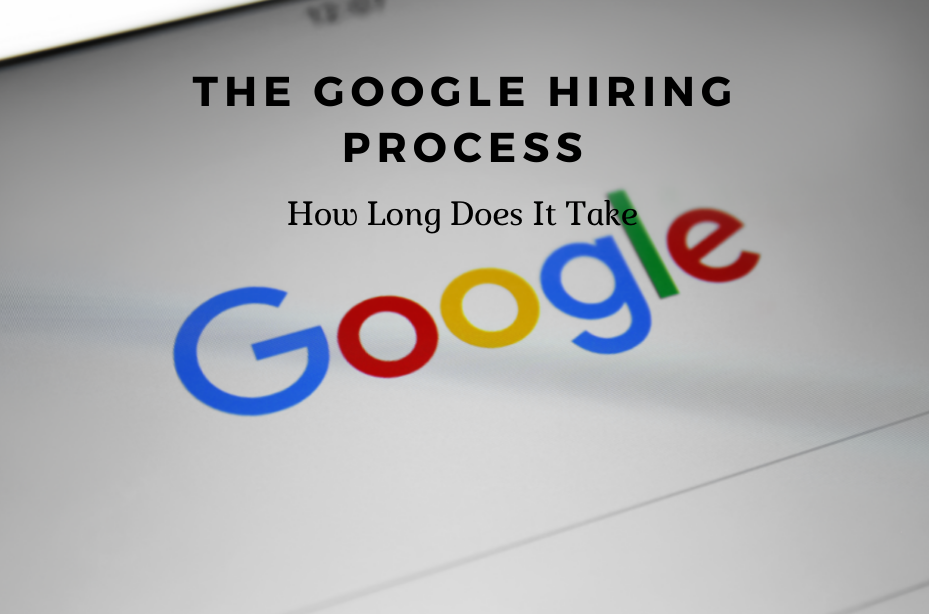
The Google Hiring Process: How Long Does It Take
If
you're interested in a car...
![]() Nov 23, 2021
Nov 23, 2021
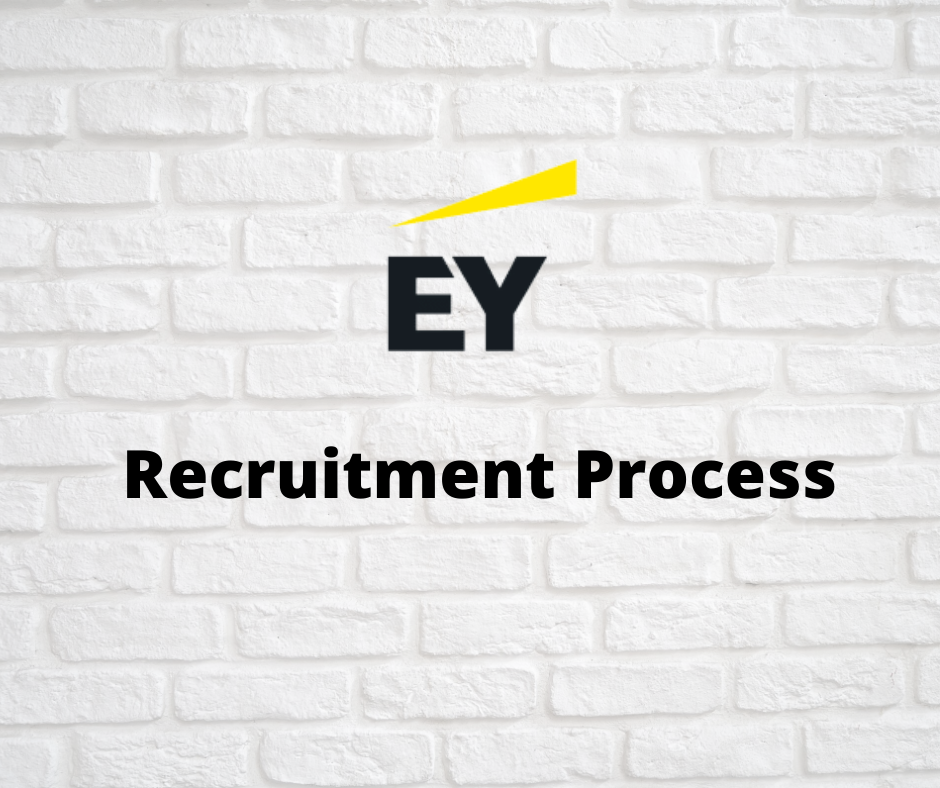
Your Guide into the EY Recruitment Process
EY is
among the Big Four prof...
![]() Nov 24, 2021
Nov 24, 2021
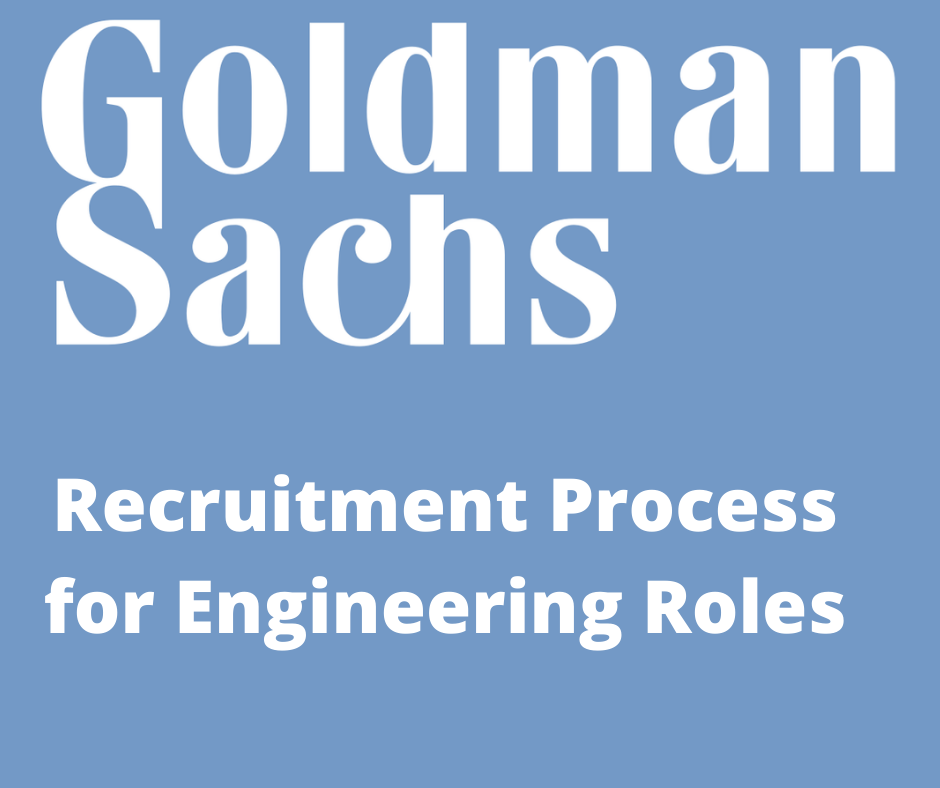
The Goldman Sachs Recruitment Process For Engineering Roles
Goldman Sachs is one of the be...
![]() Nov 26, 2021
Nov 26, 2021
.png)
KPMG Selection: What You Need to Know
Are you interested in working ...
![]() Nov 29, 2021
Nov 29, 2021
.png)
Data Scientist Salary: How Much Data Scientists Make
Are you an aspiring data scien...
![]() Dec 01, 2021
Dec 01, 2021
.png)
Apple Machine Learning Jobs for Creative Problem Solvers
Are you interested in machine ...
![]() Dec 02, 2021
Dec 02, 2021
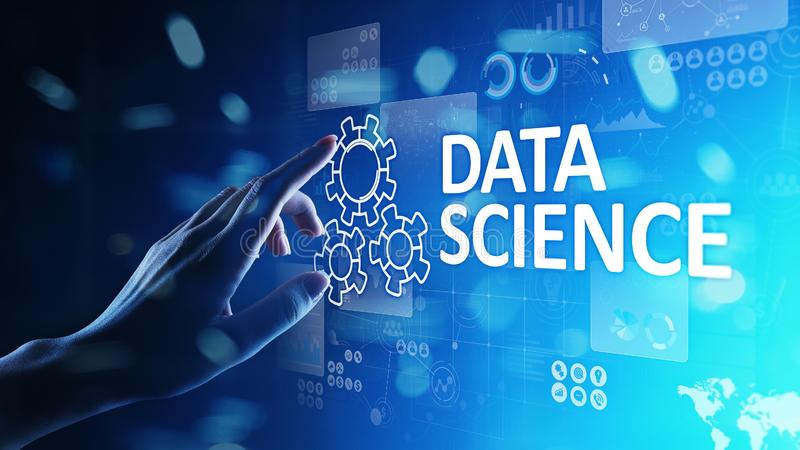
Tips to a Career as Data Scientist at Apple
Apple is a company that many p...
![]() Dec 03, 2021
Dec 03, 2021
.png)
Four Emerging Companies That Don't Require Degrees
The idea of getting a
degree ...
![]() Dec 17, 2021
Dec 17, 2021
Facebook Research Jobs: What Are the Available Positions?
Do you dream of a career in re...
![]() Dec 22, 2021
Dec 22, 2021
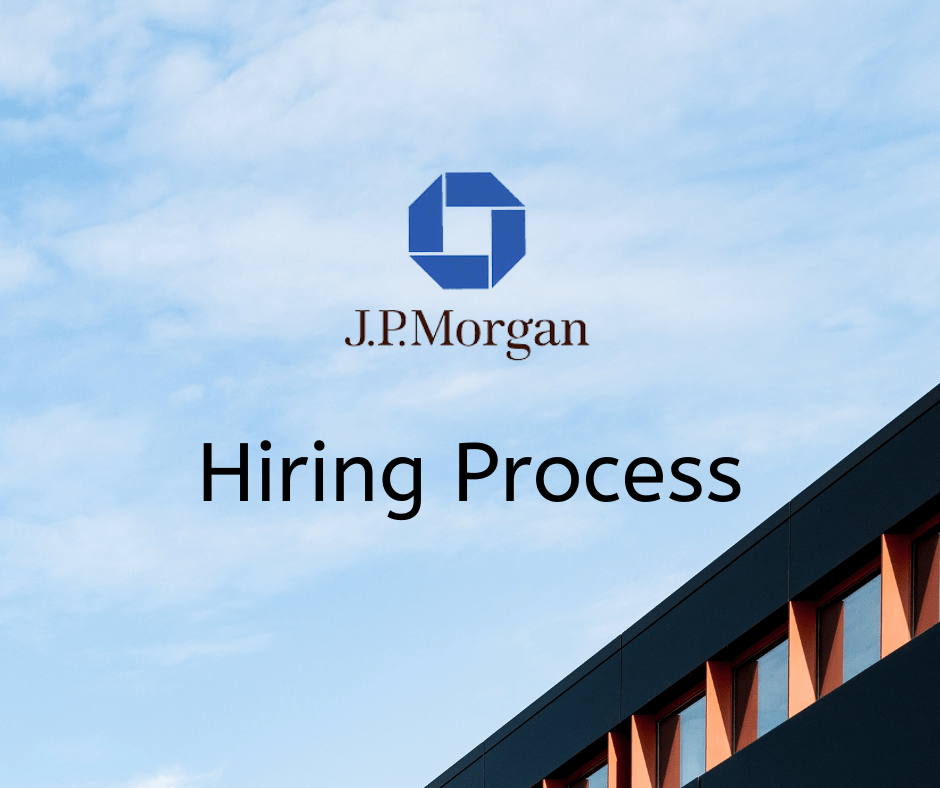
How the JP Morgan Hiring Process Works
Would you like to pursue a car...
![]() Dec 28, 2021
Dec 28, 2021
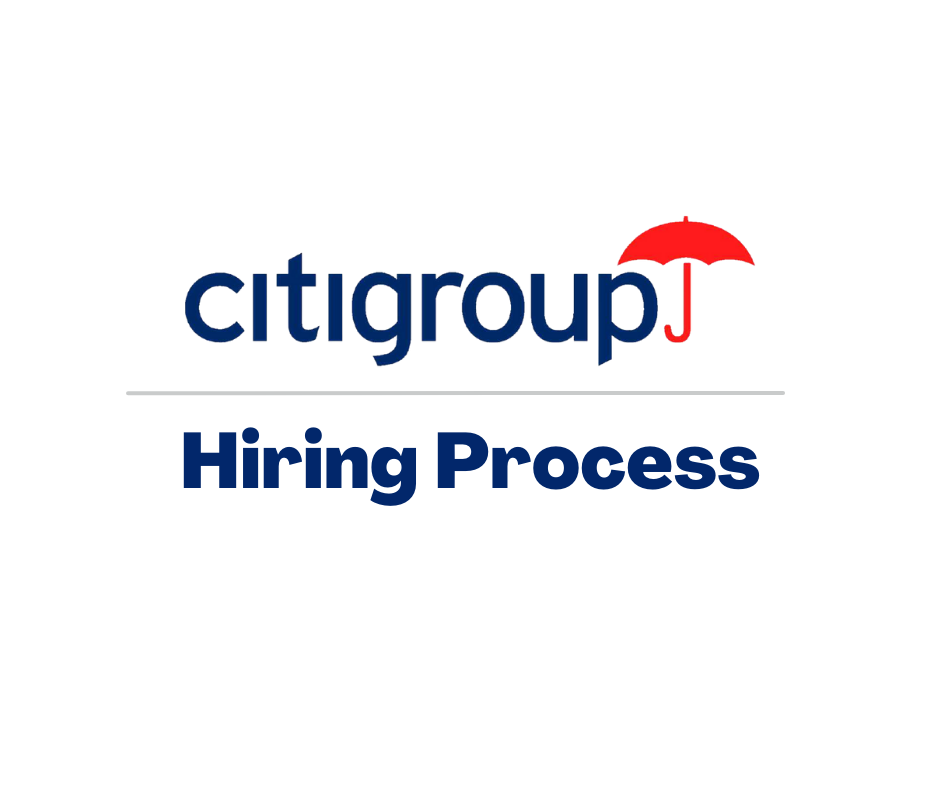
What You Should Know About The Citigroup Hiring Process
Most people have heard of Citi...
![]() Jan 05, 2022
Jan 05, 2022
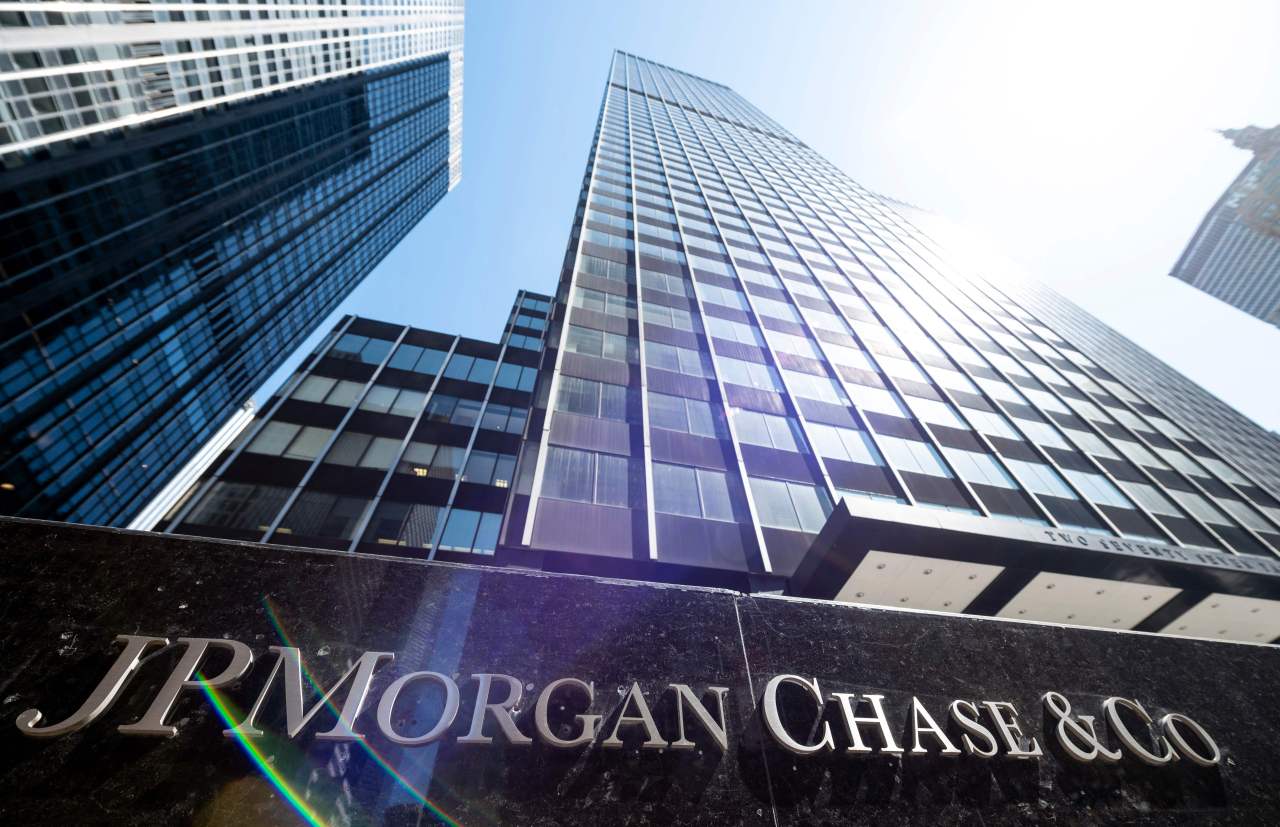
How Much Money Does a JPMorgan Chase Investment Banking Analyst Make Annually?
A career in investment banking...
![]() Jan 07, 2022
Jan 07, 2022
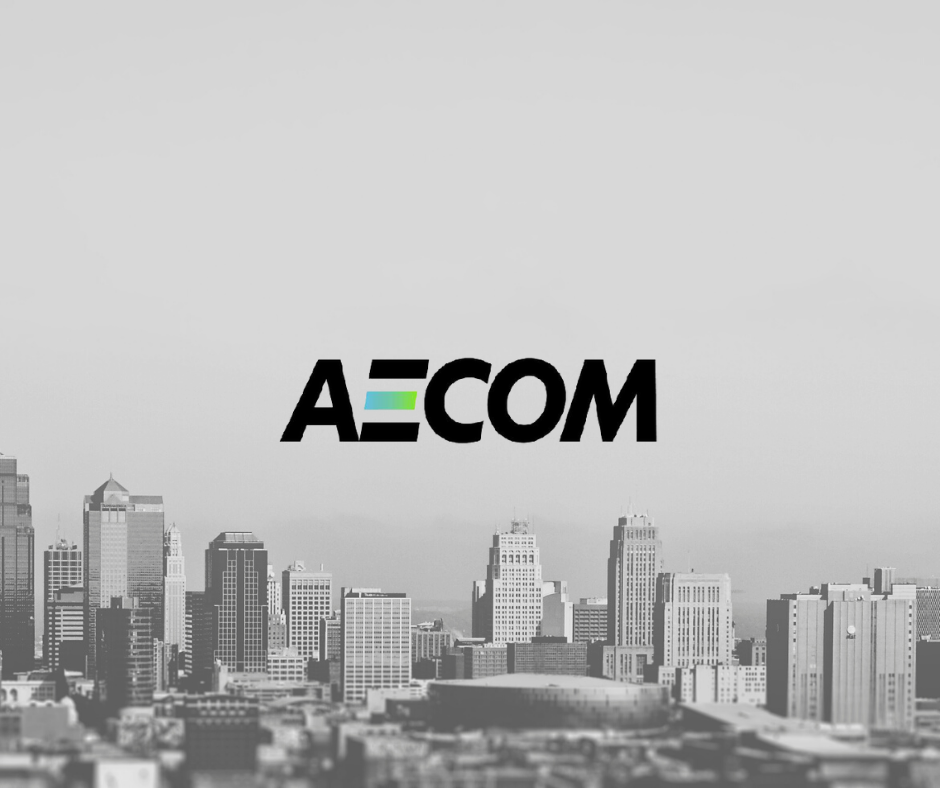
How to Get Notice by AECOM Recruiters
Do you want to get noticed by ...
![]() Jan 11, 2022
Jan 11, 2022
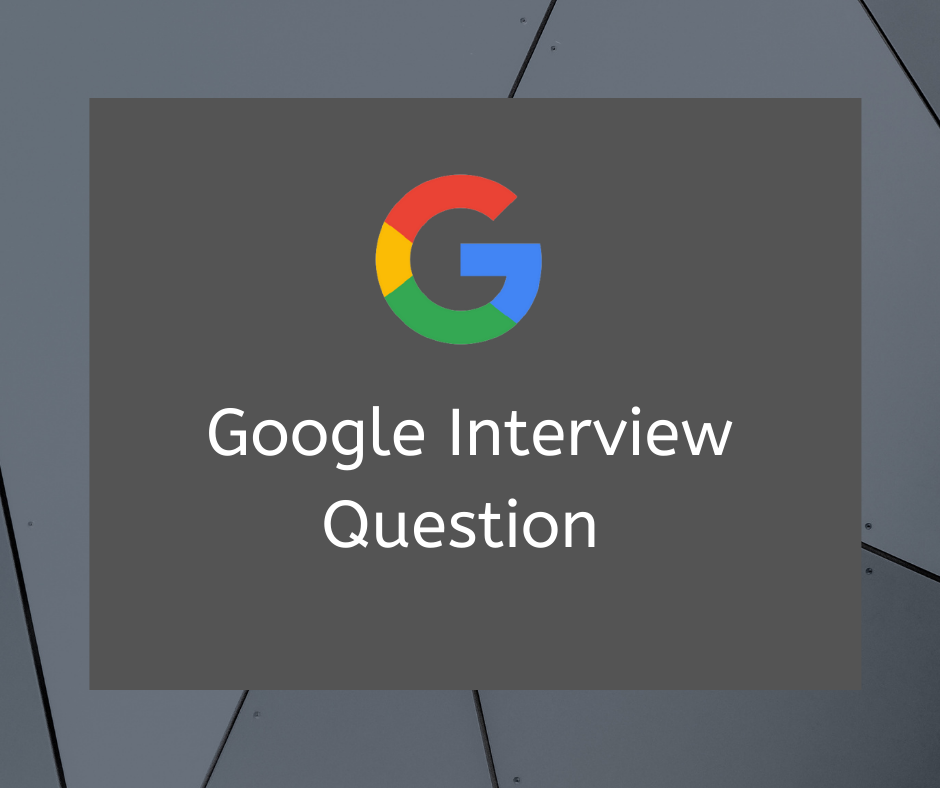
9 Google Behavioral Interview Questions You Should Be Prepared to Answer
Behavioral questions are an es...
![]() Jan 17, 2022
Jan 17, 2022
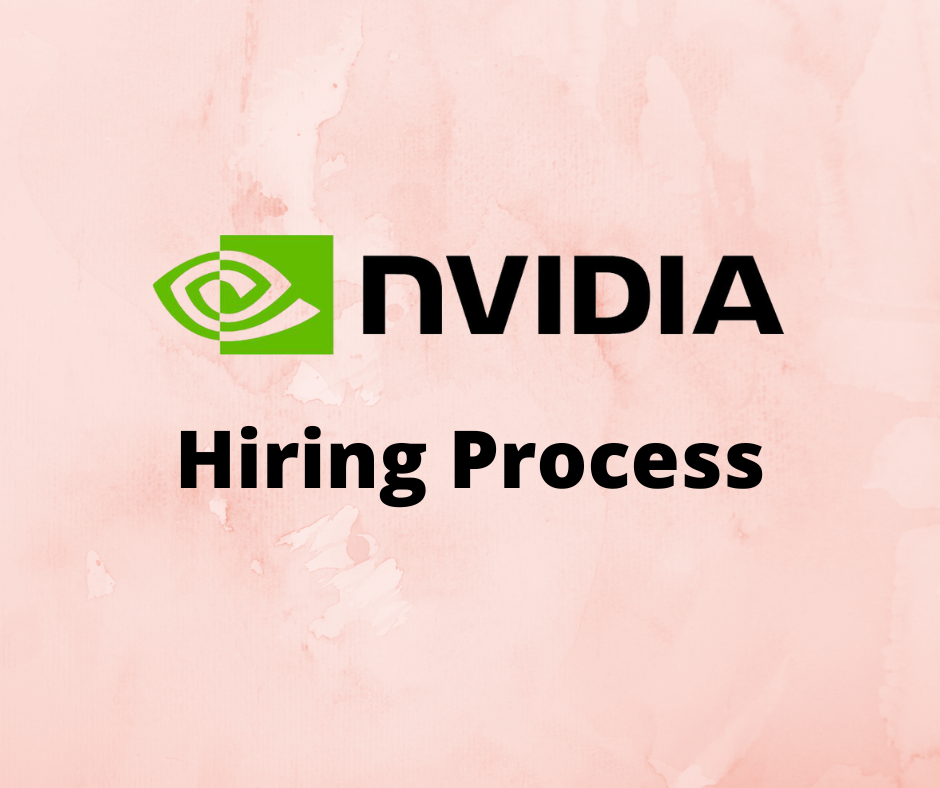
A Guide to the NVIDIA Hiring Process
Are you seeking a successful c...
![]() Jan 21, 2022
Jan 21, 2022
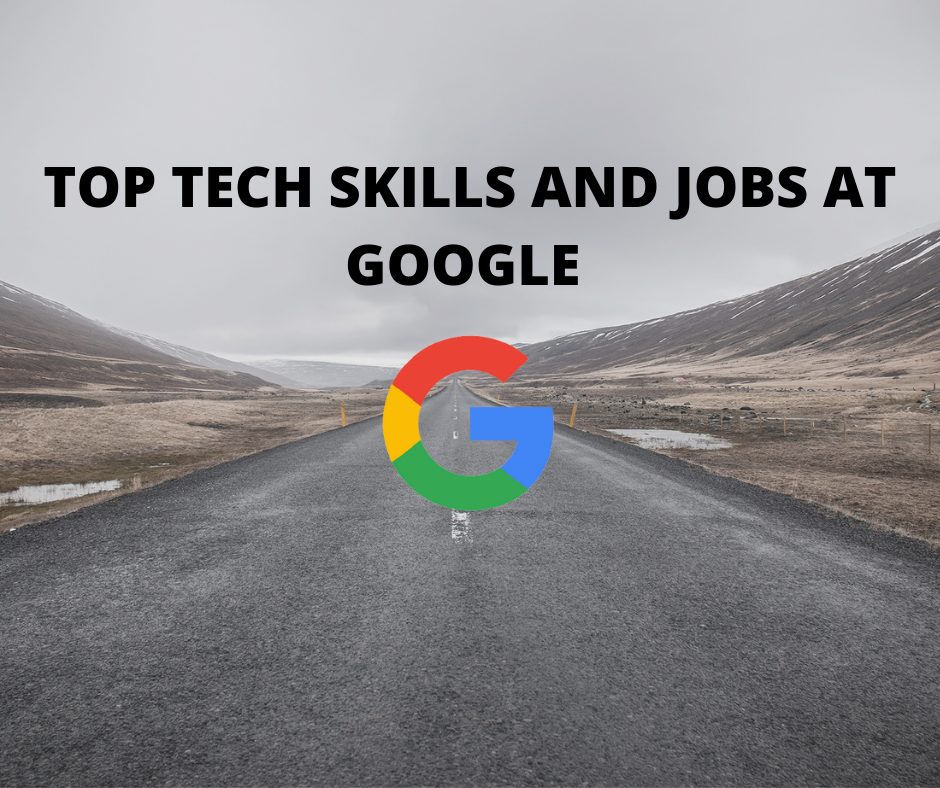
Top In-Demand Tech Skills (and Jobs) at Google
Google is one of the most popu...
![]() Jan 28, 2022
Jan 28, 2022
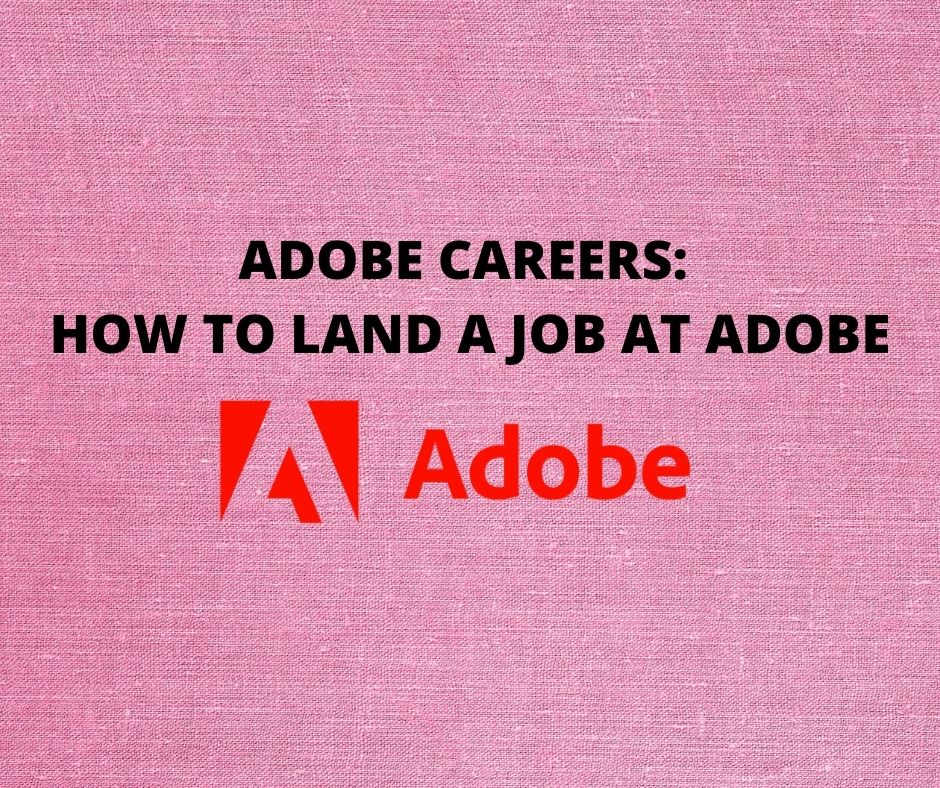
Adobe Careers: How to Land a Job at Adobe
Do you want to work for a comp...
![]() Feb 02, 2022
Feb 02, 2022
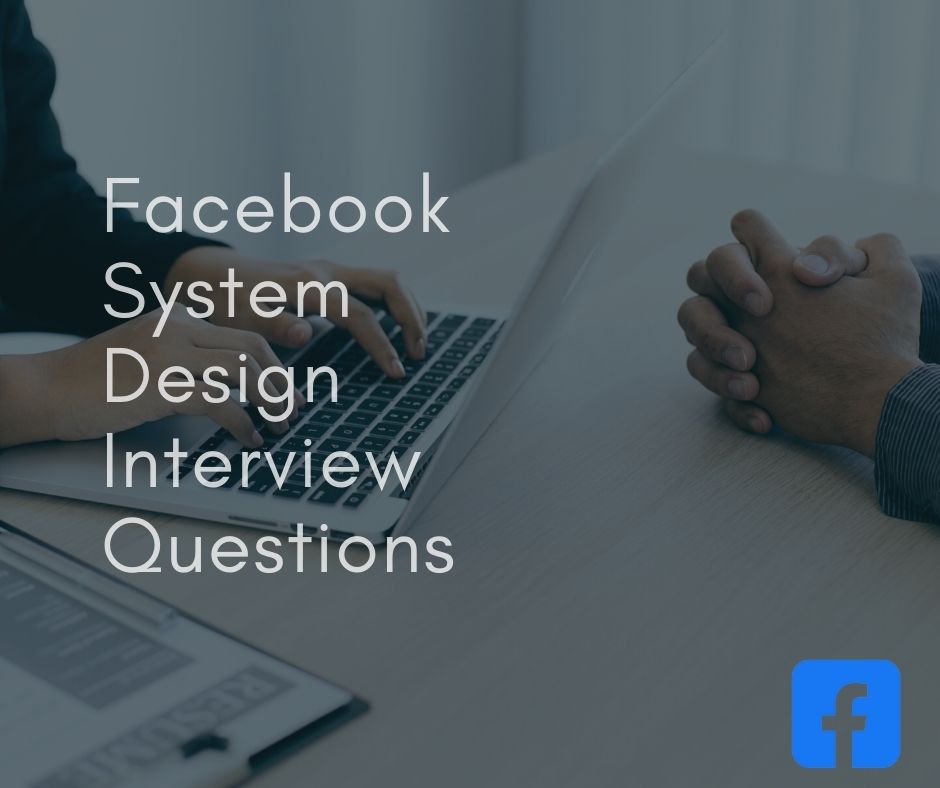
Facebook System Design Interview Questions
Are you preparing for a system...
![]() Feb 08, 2022
Feb 08, 2022
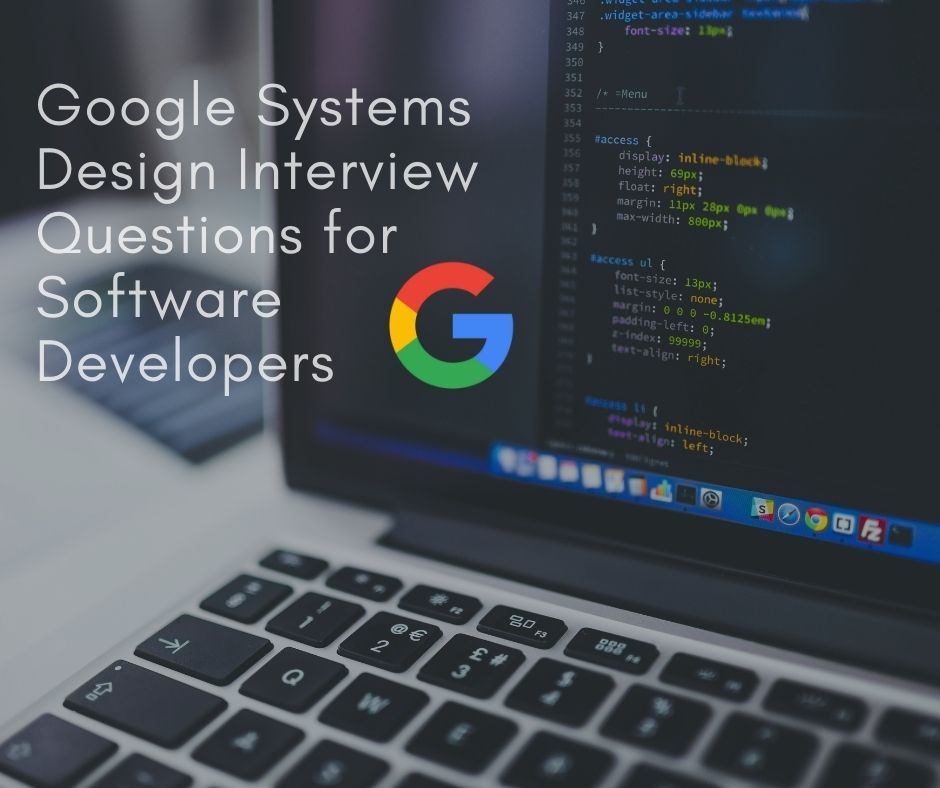
Google Systems Design Interview Questions for Software Developers
Google is a top company that p...
![]() Feb 09, 2022
Feb 09, 2022
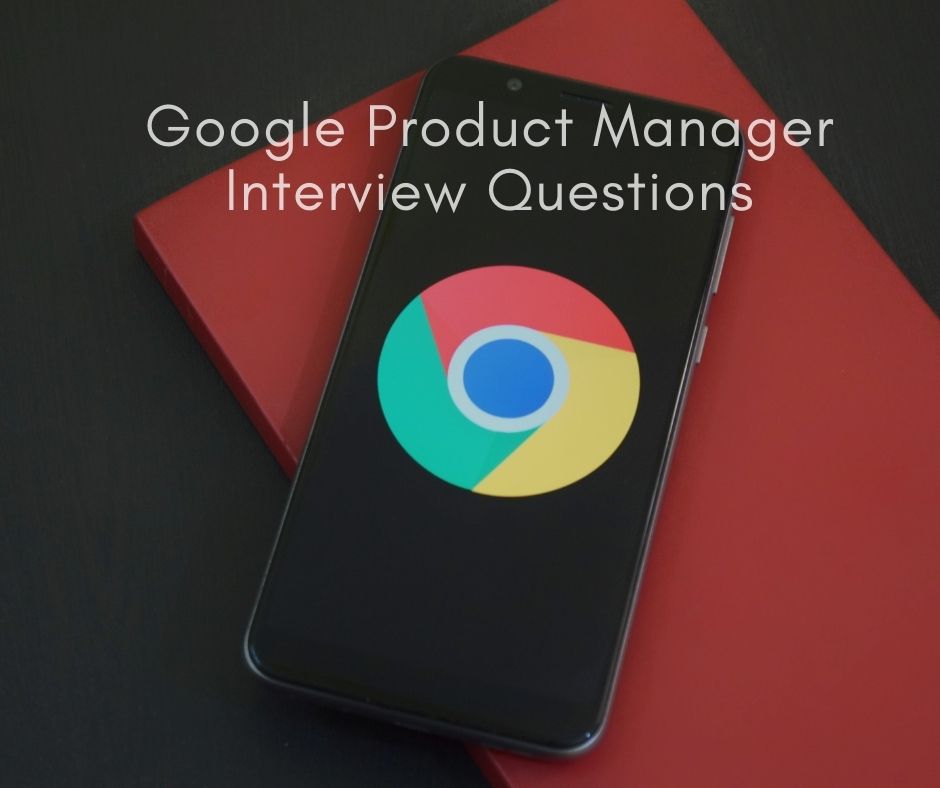
Google Product Manager Interview Questions
In terms of technology, Google...
![]() Feb 11, 2022
Feb 11, 2022
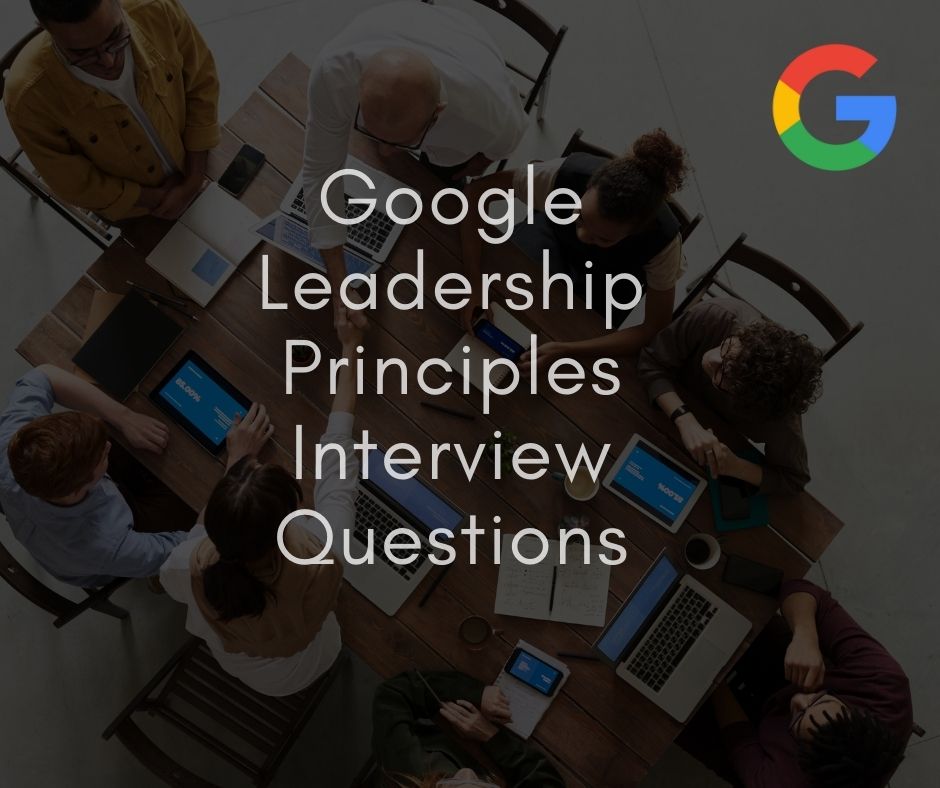
Ultimate Guide to Google Leadership Principles Interview Questions
Google is known for its inno...
![]() Feb 16, 2022
Feb 16, 2022